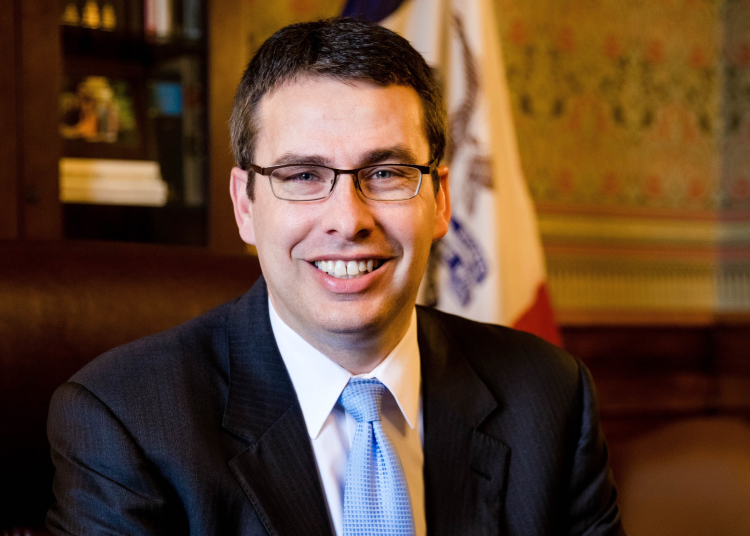By Joe Sheller / Guest Column
Where is the best, public-service oriented journalism available where can you get the most trustworthy information in the Corridor?
It’s not a simple question, nor is there one stable answer. Media are now in a protracted era of transformation.
Recently, I was part of a story published by the Iowa Center for Public Affairs Journalism in Iowa City, which runs the IowaWatch.org web site. I teach an advanced reporting class at Mount Mercy University in which students are required to attempt to get a story published off campus.
Madison Coates, a Mount Mercy junior who is pursuing a nursing major and a journalism minor, took that class in the fall semester and identified IowaWatch as the place she wanted to pitch a story to. She consulted with me on three ideas that she proceeded to suggest to IowaWatch:
1) The kind of negative rhetoric being used in political ads in the 2016 campaign – how advertising on the local and state level reflected the harsh communication style seen in the national political campaign
2) How efforts to plant milkweed to save the monarch butterfly reflect a broader problem of pollinator decline, and a changing aesthetic in Iowa about what a garden or lawn is or should be
3) How college newspapers in Iowa reflect the trend seen at Iowa’s community newspapers – fewer print readers with increased online readership
The first idea was Ms. Coates’ favorite. The second she only included because I suggested it. Number three was a more collaborative idea.
Lyle Muller, executive director and editor at The Iowa Center for Public Affairs journalism, said he would consider a story based on the third idea, but noted that extensive statewide reporting would be required.
And so, Ms. Coates began a months-long journey – first identifying college newspapers and media outlets, then finding faculty advisors and student leaders, firing off phone calls and messages to arrange interviews and finally, talking with dozens of people.
She began reporting in early November. The fall semester ended before she could complete the project, but by then she was committed to seeing it through, even though the class was over.
A draft was ready by late December, and in early January we had another meeting with Mr. Muller, who pointed out additional information that was required for the story.
For a campus newspaper, a reporter may have to write two or three drafts. For IowaWatch, Ms. Coates did seven rewrites. Then, in late January, she and Mr. Muller sat down in the office of The Mount Mercy Times to hammer out the final story.
Headlined “Iowa’s College-Based Newspapers Adapt to Digital Readers,” the story was published on IowaWatch.org on Feb. 6. The Corridor Business Journal included a link to the story in its education newsletter. The story was also referenced by a Des Moines business publication and by Editor and Publisher, a national publication. Other large newspapers in the state printed the story, as well as The Mount Mercy Times, which also ran a first-person account of the project by Ms. Coates.
In today’s era of political polarization, when even the nation’s leader is spreading the dangerous falsehood that the news media are enemies of the public, I think Ms. Coates shows another side of journalism.
The Iowa Center for Public Affairs Journalism provides a venue for in-depth, time consuming journalism. That kind of reporting is not rare; it’s what reporters at places like the Corridor Business Journal spend their time doing every day.
You can be critical of the news media. It’s totally fair to recognize that there is bias in the system.
But the best journalists, in my experience, are hard-working reporters who are willing to take the time to use the shoe leather and track down the best information possible.
Joe Sheller is an associate professor of communication and journalism at Mount Mercy University in Cedar Rapids. He can be reached at [email protected]




